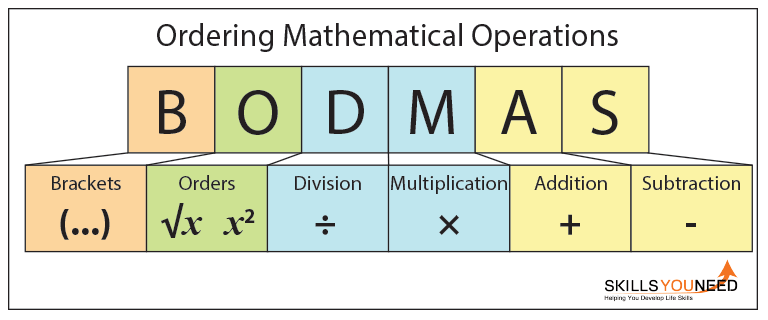Monthly trending articles on ConnectClue
The importance of SEO to increasing brand awareness is said to correlate with the growing influence of search results and search features like featured snippets, knowledge panels, and local SEO on customer behavior. SEO should be done by every business website because a website will receive more visitors from a search engine when websites rank higher on the search engine results page (SERP). This will help to boost up the conversion of visitors into customers. SEO may generate an adequate return on investment. However, search engines are not paid for organic search traffic, their algorithms change, and there are no guarantees of continued referrals.
Due to this lack of guarantee and uncertainty, a business that relies heavily on search engine traffic can suffer major losses if the search engines stop sending visitors.
Search engines can change their algorithms, impacting a website's search ranking, possibly resulting in a serious loss of traffic. According to Google's CEO, Eric Schmidt, in 2010, Google made over 500 algorithm changes ? almost 1.5 per day. It is considered a wise business practice for website operators to liberate themselves from dependence on search engine traffic. In addition to accessibility in terms of web crawlers (addressed above), user web accessibility has become increasingly important for SEO.

Advantages of SEO
SEO can be an extremely powerful strategy in Digital Marketing. These include free of cost, localized traffic, and a very high Return on Investment (ROI), expanding target to hundreds or even thousands of searchers outside of your normal client network, and permanent results that last beyond your scope of SEO service.
Free of Cost
SEO is totally free of cost, organic, and it depends on how much time we spend researching the best keywords and use them in high-quality content.
Localized Traffic
Following the best SEO strategy and tools such as Google My Business will help to improve localized traffic.
Improve ROI
SEO has performed very well in terms of Return of Investment as it attracts high converting traffic. In 2018 study found that Google was the single largest traffic driver to websites and the importance of showing up on Google searches.
Expand Target
SEO allows a vast network of potential clients, whether, on a local or international level, the website can exponentially increase the number of people who learn about business.
Permanent Result
SEO isn't as volatile as PPC or other paid campaigns, it is certainly longer lasting than many other marketing channels.
Disadvantages of SEO
Long Term Investment
It is one of the biggest disadvantages of SEO in that it takes a long time to produce organic results. If someone in need of a fast solution to boost sales or services, SEO isn't the right choice.
Lack of Guarantees
SEO performing is no guarantee it will work. Google specifically warns businesses against companies that offer guaranteed first-page results.
Competitor's Target
Pursuing SEO means the website will rank high. Websites that rank high are targeted by competitors who want a slice of the SEO.
Post updated on: Jul 15, 2021 1:27:28 PM
Post updated on: Jul 15, 2021 1:27:14 PM
Discover your area of interest
Advertisement
Art & entertainment
Astrology & spirituality
Cooking
Culture
Current affairs
Education
Fashion
History
Hotel management
Industry
Medical & fitness
Motivational
Politics
Real life stories
Sports
Story & poetry
Technology
Top in search
Tourism
More recent categories
Pentobarbital achat en Suisse(Public)
By: luc
Acheter Nembutal en France(Public)
By: luc
Euthanasie Nembutal Belgique(Public)
By: luc
Nembutal Achat en Belgique(Public)
By: luc
Nembutal achat en France(Public)
By: luc
Pentobabarbital achat France(Public)
By: luc
Euthanasie Nembutal en France(Public)
By: luc
Gold for sale(Public)
By: Tole
Gold Nuggets(Public)
By: Tole
Rough Diamonds(Public)
By: Tole












